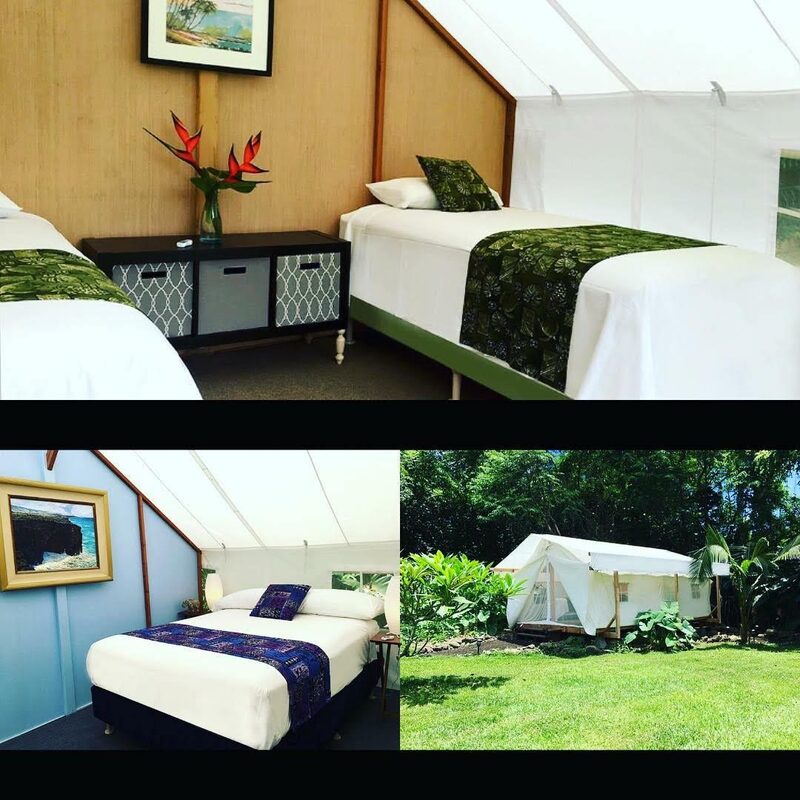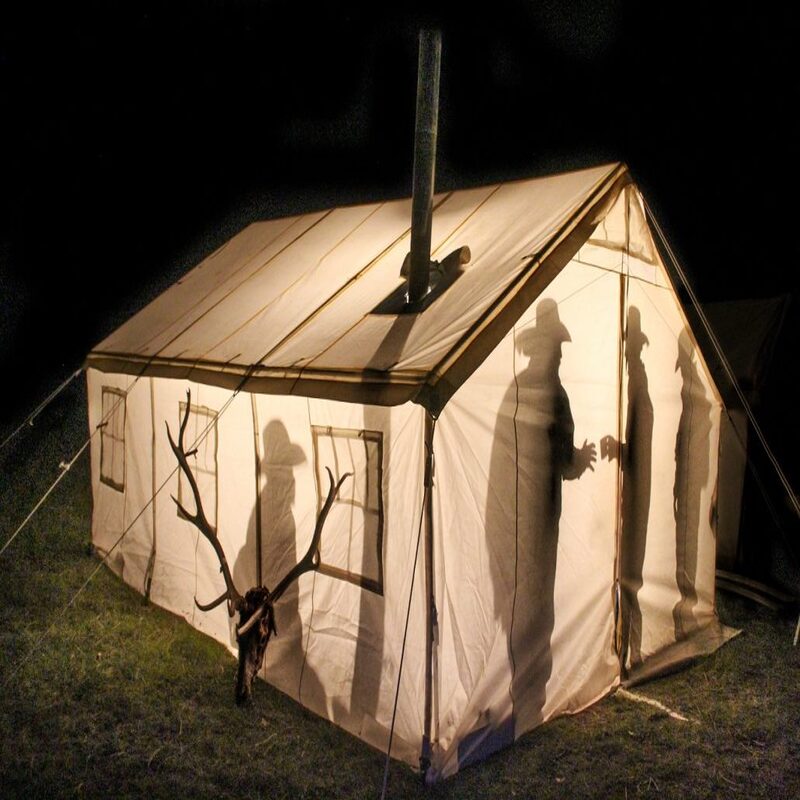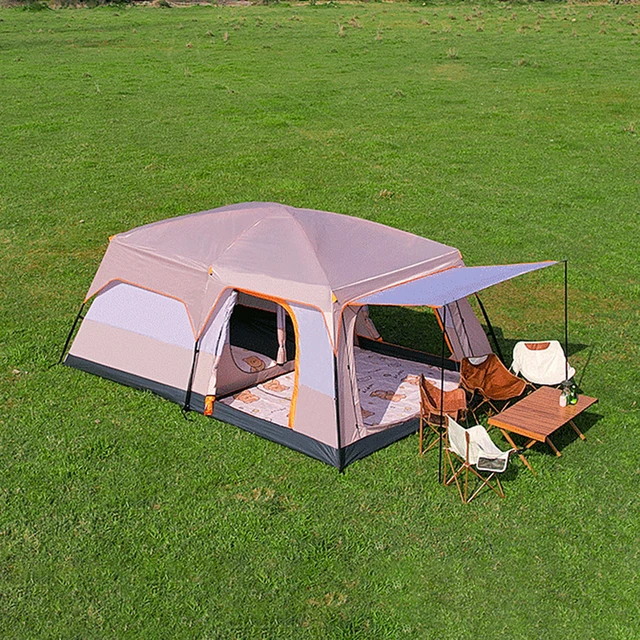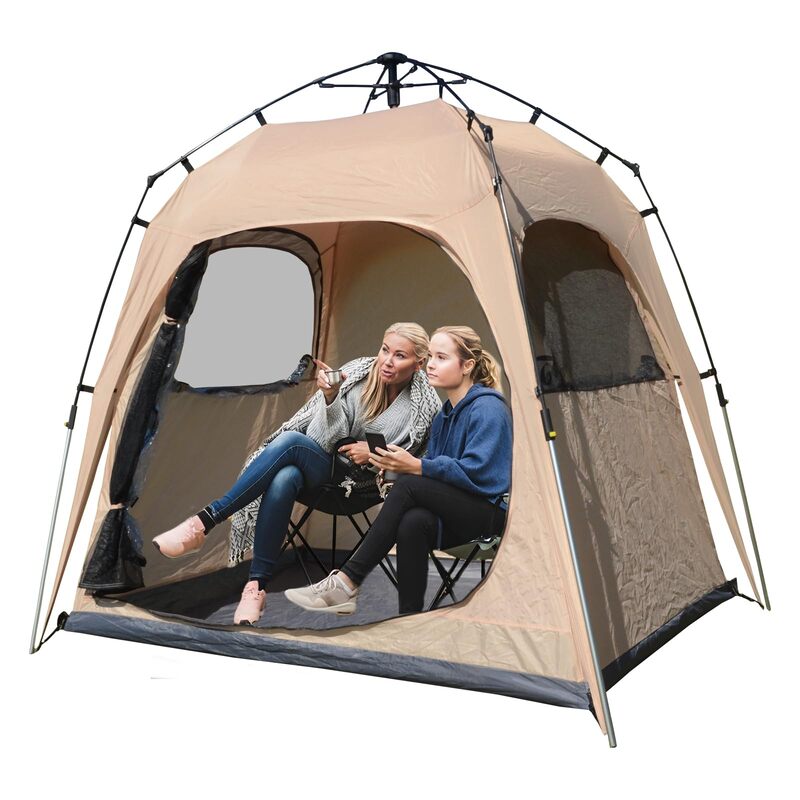Tent living has gained popularity in recent years. Many people are turning to this lifestyle for various reasons. Whether for a temporary escape or a permanent change, tent living offers countless benefits. From reconnecting with nature to simplifying life, the appeal is undeniable. This article will discuss the advantages, challenges, and tips for successful tent living.
The Benefits of Tent Living
Reconnecting with Nature
One of the primary advantages of tent living is the connection to nature. Living in a tent allows individuals to immerse themselves in the great outdoors. The sounds of rustling leaves and chirping birds can be soothing. Sleep is often deeper when surrounded by fresh air. Furthermore, the beauty of natural landscapes can inspire and rejuvenate the soul.
Additionally, tent living encourages outdoor activities. Hiking, fishing, and stargazing become integral parts of daily life. This lifestyle fosters a sense of adventure and exploration. Nature walks or bird-watching are more frequent when living in a tent. Consequently, individuals often develop a greater appreciation for the environment.
Moreover, tent living can promote mental well-being. Disconnecting from technology allows for mindfulness and introspection. This can lead to reduced stress and anxiety levels. Many individuals report feeling more centered when living outdoors. Reconnecting with nature positively impacts emotional health.
Simplifying Your Life
Tent living is synonymous with minimalism. A smaller living space necessitates simplifying possessions. People learn to prioritize essentials, often reducing clutter significantly. Over time, this leads to a more focused and intentional way of living. Material possessions lose their importance when surrounded by nature’s beauty.
In addition, the simplicity of tent life reduces financial burdens. Without traditional mortgage or rent payments, people save money. This financial relief can enable experiences rather than material purchases. As a result, individuals are often happier when they prioritize experiences over possessions.
Furthermore, living in a tent encourages resourcefulness. Individuals must find innovative ways to solve problems. For example, cooking with limited tools or maintaining warmth without electricity can be creative challenges. Such skills can build self-confidence and resilience.

Facing the Challenges of Tent Living
Weather Conditions
While tent living offers numerous benefits, it comes with challenges. Weather conditions rank among the most significant concerns. Rain, snow, and high winds can affect comfort and safety. Without adequate protection, tents can become hazardous during severe conditions.
Moreover, temperature can vary drastically. Hot summer days can turn into chilly nights. Individuals must be prepared for these fluctuations to enjoy tent living fully. A well-insulated and properly ventilated tent can make a difference. Additionally, insulation layers and sleeping bags are essential during colder months.
Furthermore, transportation can become an issue when moving frequently. Setting up and taking down a tent requires physical effort. This can be a deterrent for some, especially in adverse weather. Proper planning and strategic packing are necessary to mitigate these challenges.
Wildlife Encounters
Another challenge of tent living involves wildlife encounters. While being in nature is rewarding, it can also be risky. Animals may approach tents out of curiosity or seek food sources. While most wildlife avoids human contact, encounters can occur unexpectedly.
To reduce these risks, individuals must take precautions. Store food properly in sealed containers to deter curious animals. Additionally, establishing a perimeter around the tent can create a safer environment. Areas should be kept clean and free of trash, which attracts wildlife.
Ultimately, it is vital to respect nature and its inhabitants. Learning about local wildlife can enhance understanding and appreciation. Moreover, understanding animal behavior can lead to safer interactions.
Tips for Successful Tent Living
Choosing the Right Tent
Choosing the right tent is essential for successful living. Various types of tents cater to different needs and climates. A well-suited tent can make camp life significantly more enjoyable. Seek tents with waterproof materials and reliable zippers.
Also, consider the size when selecting a tent. Tents come in various capacities, designed to accommodate individuals or groups. Space should allow for comfort without being unwieldy. Furthermore, interior features, like pockets or hooks, enhance organization.
Additionally, think about the tent’s ease of setup. A complicated assembly process can deter enjoyment. Opt for a design that can be erected quickly, especially in challenging weather. This ensures a hassle-free experience, allowing one to focus on enjoying nature.
Establishing Routines
Creating daily routines can enhance the tent living experience. Consistent habits provide structure in a more fluid environment. Routines can include morning exercises, afternoon hikes, and evening reading sessions. Additionally, establishing meal times can promote a sense of normalcy.
Engaging with the outdoors regularly fosters a deeper appreciation for nature. Simple acts, such as journaling or sketching, become daily practices. These activities can serve as a creative outlet. They can transform the experience from mere survival to an enriching journey.
Furthermore, routines can enhance social interactions. If living with others, shared responsibilities can strengthen relationships. Working together on daily tasks fosters teamwork and enhances bonds. This shared experience can create lasting memories and friendships.

Embracing the Adventure
Discovering New Places
Tent living allows individuals to explore new locations. The freedom to choose where to camp is exciting. National parks, forests, and even beaches offer countless opportunities. Each destination presents unique experiences and landscapes.
Every new place brings a chance to discover something different. Local flora and fauna can vary greatly from one region to another. Additionally, different terrains provide opportunities for various recreational activities. Hiking trails may lead to hidden vistas or secret waterfalls.
As a result, tent living becomes a continuous adventure. Each day can be an opportunity for exploration and discovery. This excitement fuels a passion for the outdoors and encourages ongoing journeys. The thrill of finding new spots keeps the experience fresh.
Building a Community
Tent living can foster community building among fellow campers. Whether in designated campgrounds or wild camping, social interactions are inevitable. Sharing experiences and stories creates bonds between individuals. These connections often lead to lasting friendships.
Community gatherings, such as campfire dinners or shared activities, enhance these interactions. Such events foster collaboration and camaraderie. Group activities like hiking or cooking create shared memories. These shared moments can enrich the overall tent living experience.
Moreover, engaging with fellow campers can lead to valuable insights. New friends can share tips and tricks related to tent living. These conversations often provide solutions to common challenges. The tent living community offers support and understanding.

Challenges of Tent Living
Weather Considerations
Tents living presents unique challenges, especially regarding weather conditions. Rainstorms can create discomfort and disrupt plans. Windy conditions may lead to instability or even structural issues. Adequate preparation is essential in mitigating these risks. Invest in a high-quality, weather-resistant tent that can withstand the elements. Additionally, monitor weather forecasts to prepare for any unexpected conditions. Being proactive can enhance your overall experience immensely.
Adjusting to Outdoor Life
Transitioning from traditional living to tent living can be difficult. Basic tasks require more effort and planning. For example, personal hygiene routines change when living outdoors. You may need to find public restrooms or set up outdoor showers. Cooking may also take longer and require adaptation. Thus, embracing change is crucial for successful tent living. With time, you’ll become more adept at managing your new lifestyle.
Conclusion
In summary, tent living encompasses a remarkable lifestyle choice. Reconnecting with nature, embracing minimalism, and discovering community are its cornerstones. However, challenges such as weather and wildlife encounters can arise. Preparing adequately for tents living can ease these difficulties.
Choosing the right gear and establishing routines are essential steps. Each decision impacts the overall tents living experience. Moreover, fostering a spirit of adventure can inspire ongoing exploration. As individuals embrace this lifestyle, they often find personal growth and fulfillment. Tents living is truly a journey worth considering.
Ultimately, the experience connects individuals to the world around them. If you are pondering the idea of tent living, take that leap. It may lead to unexpected delights and a richer life. The journey awaits, and nature is calling!
